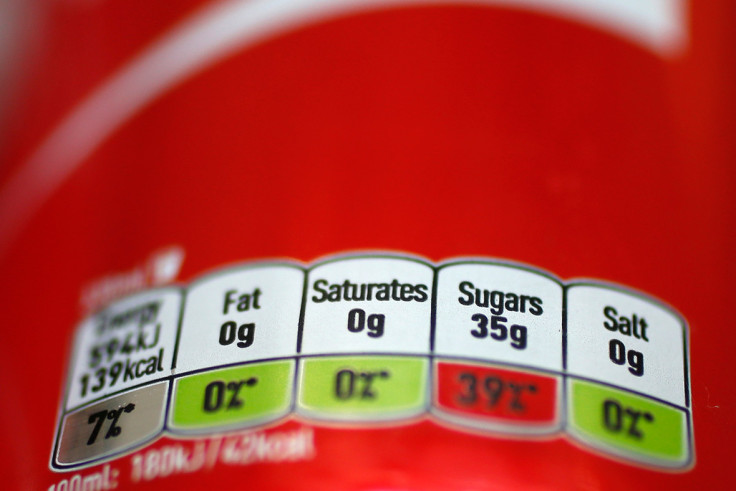Fruit juices and smoothies with 'unacceptably high' levels of sugar should face new taxes

New data has revealed that some fruit juices, smoothies and other fruit drinks contain "unacceptably high" levels of sugar that can hit the recommended limit for children in one carton what they should be consuming in a day. A paper published in the medical journal, the BMJ Open, suggests that Chancellor George Osborne's budget should have included fruit juices and smoothies as well as other sugary drinks such as Coca-Cola.
Often juices and smoothies are specifically marketed to children, using colourful packaging and bright cartoon animals, but the new study says that fresh action is necessary to cut the amount of sugar children consume in these fruit drinks. Often they are bought under the impression that they are healthy for children but up to 60% of the drinks would get a red traffic light label based on the amount of sugar they contain.
In the UK today one in five children aged four to five years and one in three children aged 11 are overweight or obese. Sugar can cause early decay in teeth, which is the most common reason for children in England to be admitted to hospital.
Prof Simon Capewell of the department of public health and policy at the University of Liverpool, one of the authors of the study, said: "These are marketed intensively to children as well as to parents. There is often a health halo – some claim about vitamin C or 'packed full of fruit'. There are no restrictions around the words industry can use in their marketing.
"They can claim or imply quite a lot. Then we end up with more than a third of these drinks having more sugar in them than a cola or fizzy drink. I think it came as quite a surprise to us really that there is so much sugar hidden and that any of the most familiar brands had such a high level."
Osborne announced a sugar levy in his 2016 Budget last week with the new tax taking two years to come into effect. Drinks containing over 5g of sugar per 100ml will be taxed 18 pence per litre and those with 8g per 100ml will be hit with a 24 pence tax – amounting to 8 pence on a standard can of Coca Cola.
But fruit juices, smoothies and milk-based drinks, such as lattes and milkshakes will be exempt from the taxes. The new paper recommends that all drinks with a high sugar content should not count as one of the "Five a Day" recommended by the UK government.
Researchers assessed 203 fruit juices, fruit drinks and smoothies sold at seven major British supermarkets including Tesco, Asda, Sainsbury's, Marks and Spencer, Waitrose, the Co-op and Morrisons. Almost half of those analysed contained 19g (just under five teaspoons) of a child's entire recommended daily intake of sugar.
The authors of the paper added that drinking these drinks is a lot different to eating real fruit. They say: "One key difference between whole fruit and juice is fibre content. Whole fruit slows down consumption and has a satiating effect. Research shows the body metabolises fruit juice in a different way compared to whole fruit."
© Copyright IBTimes 2025. All rights reserved.






















